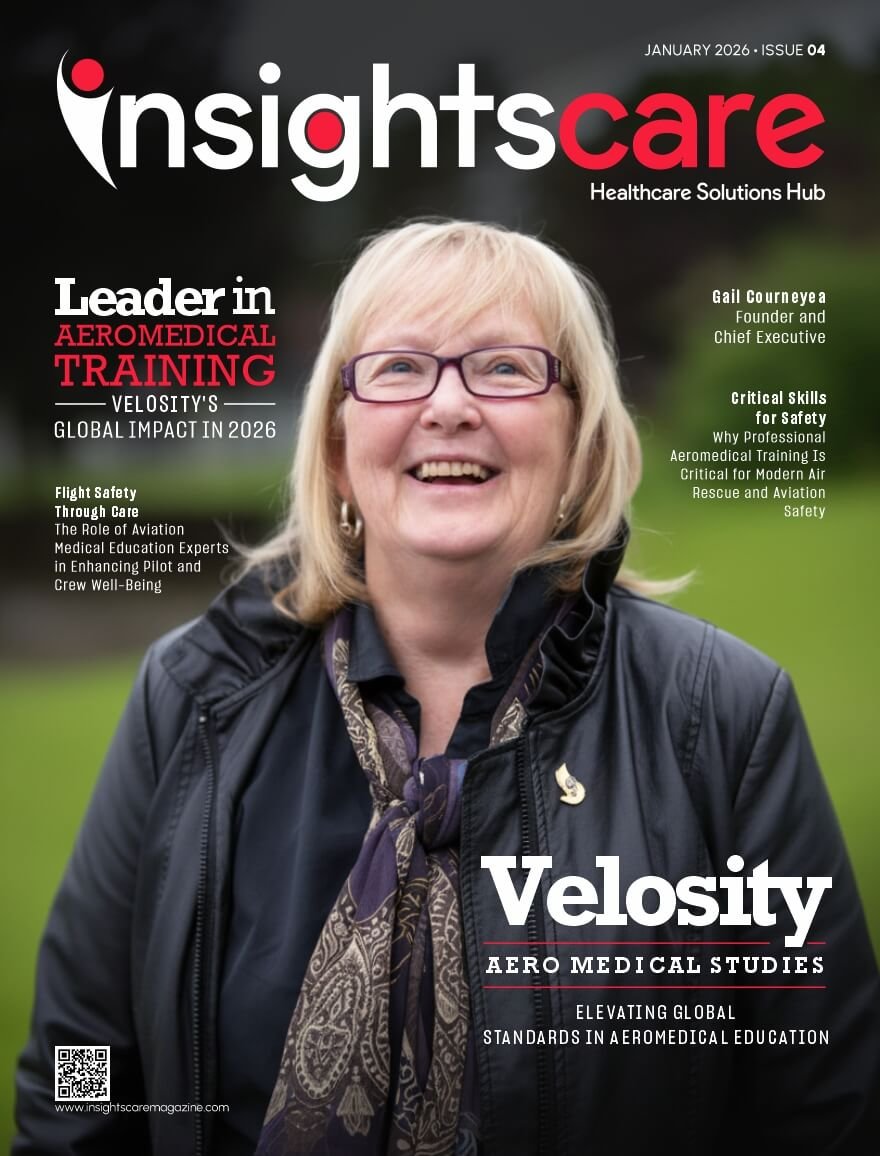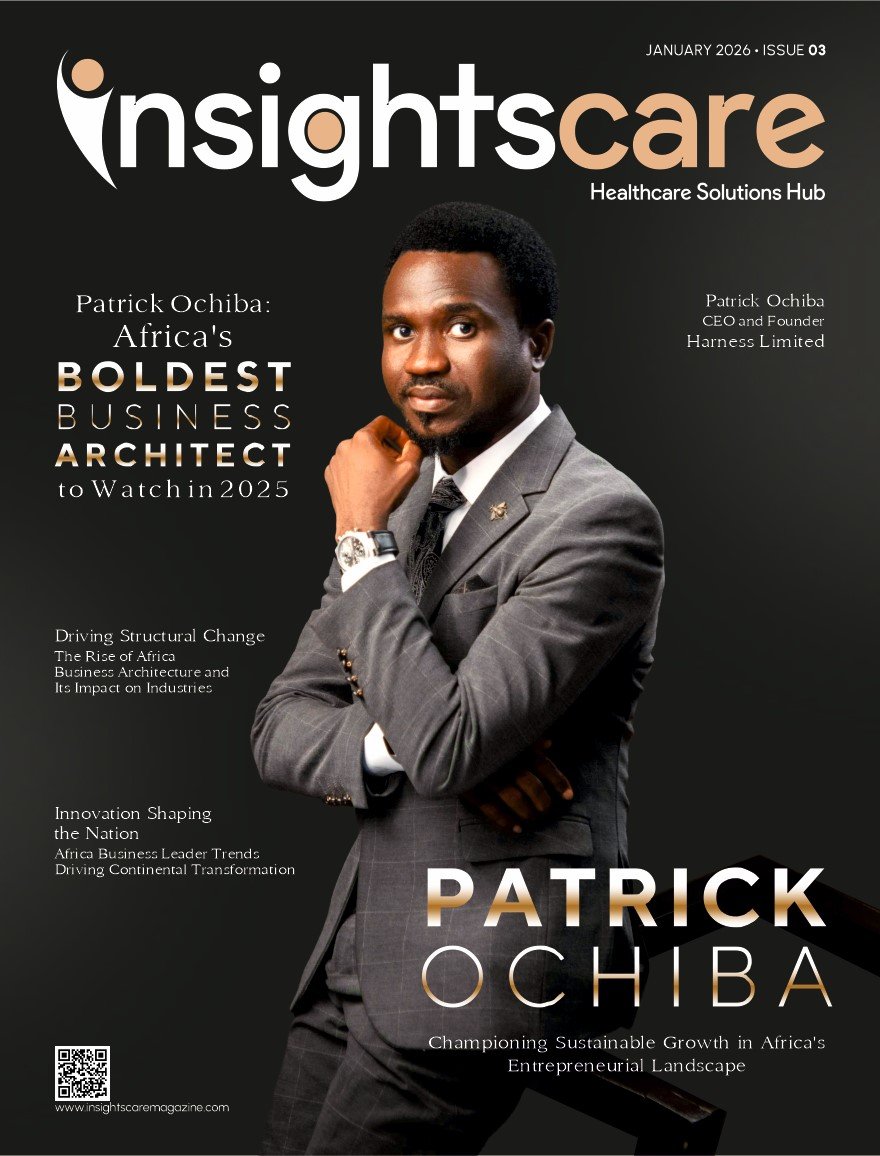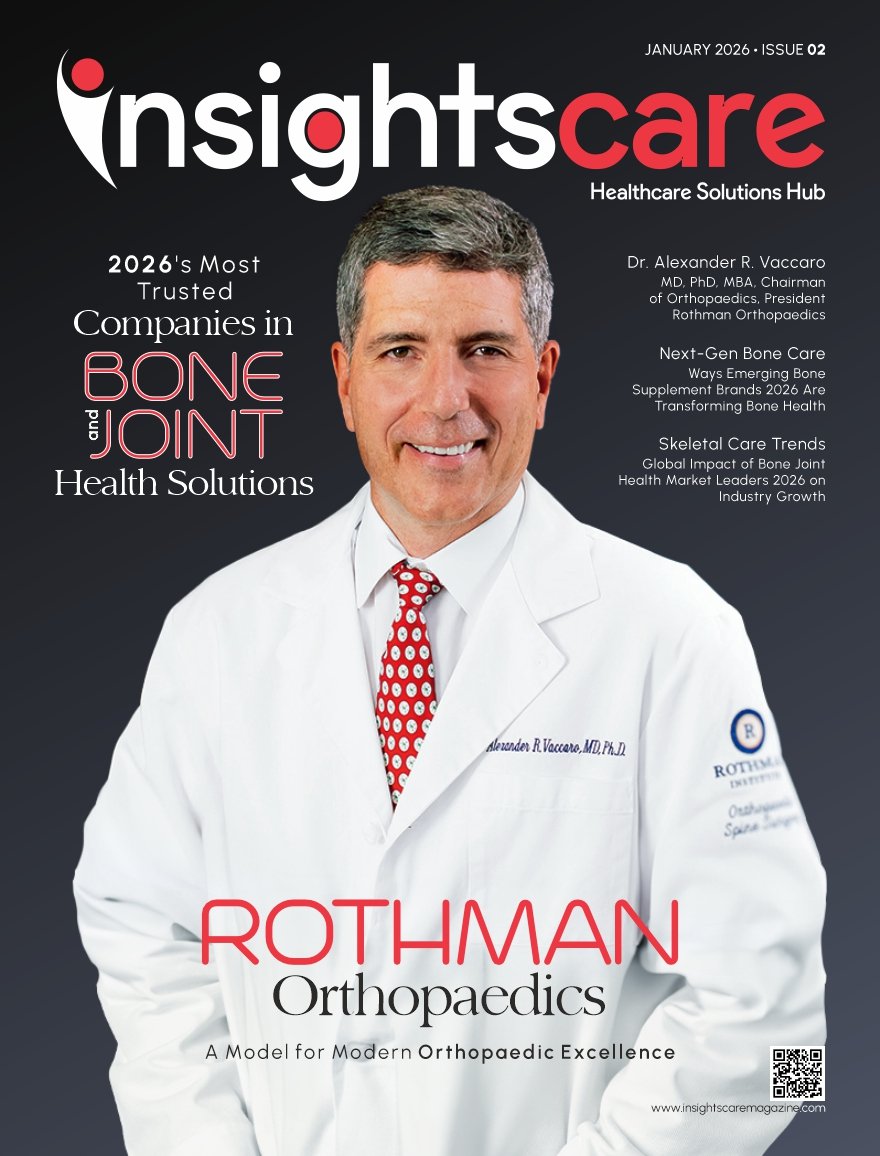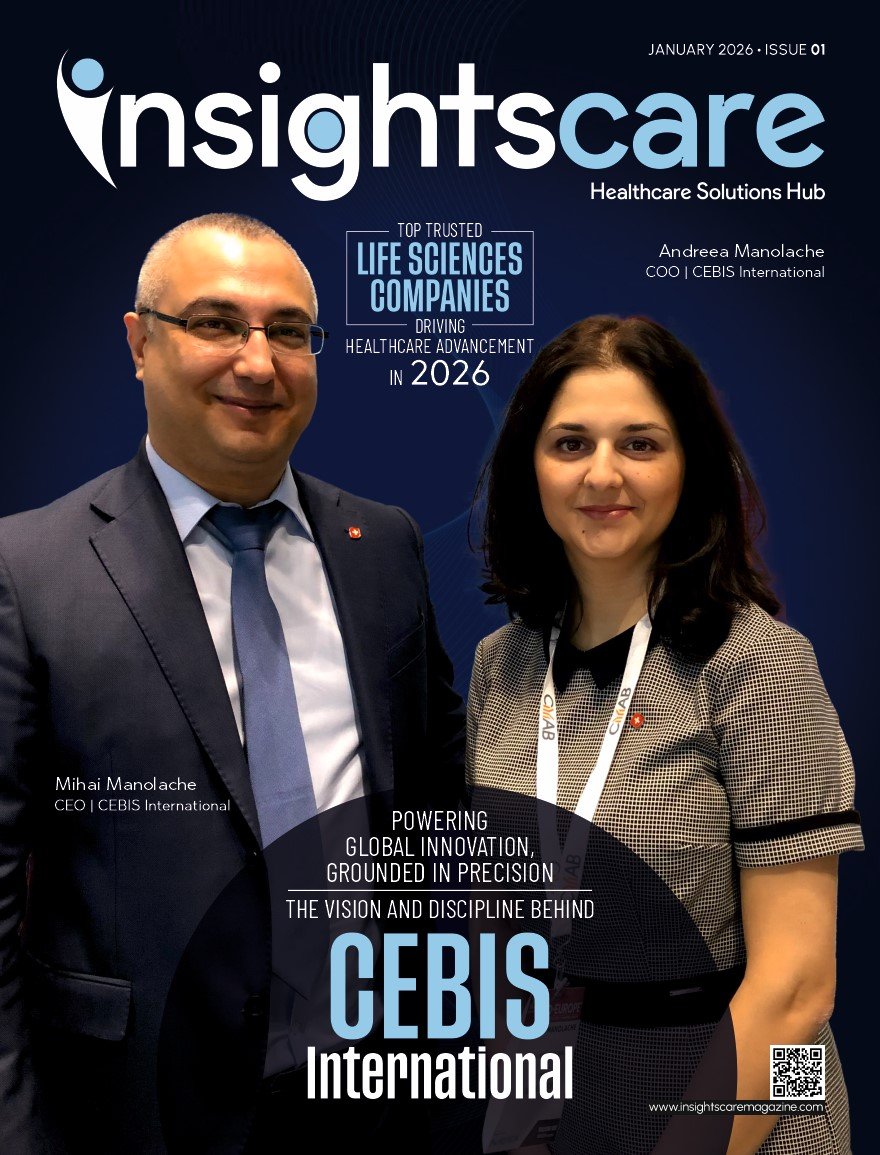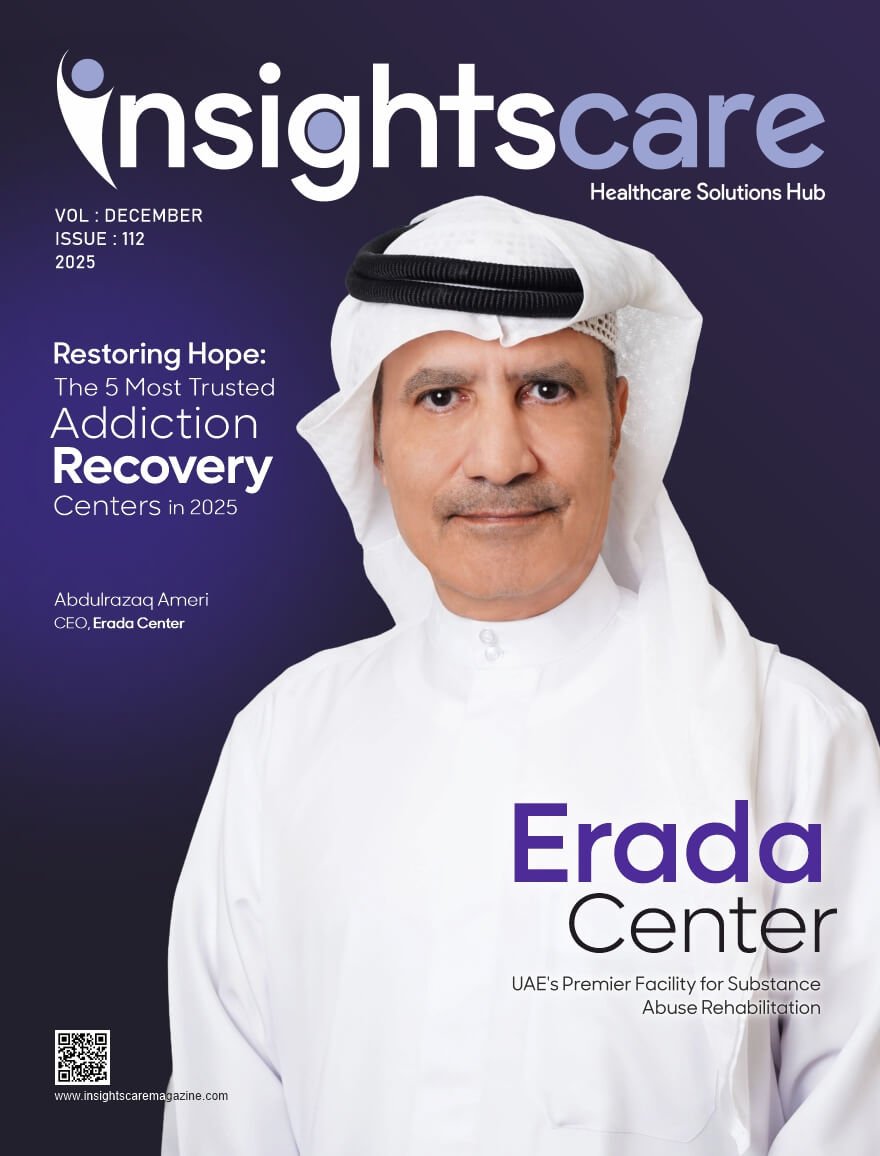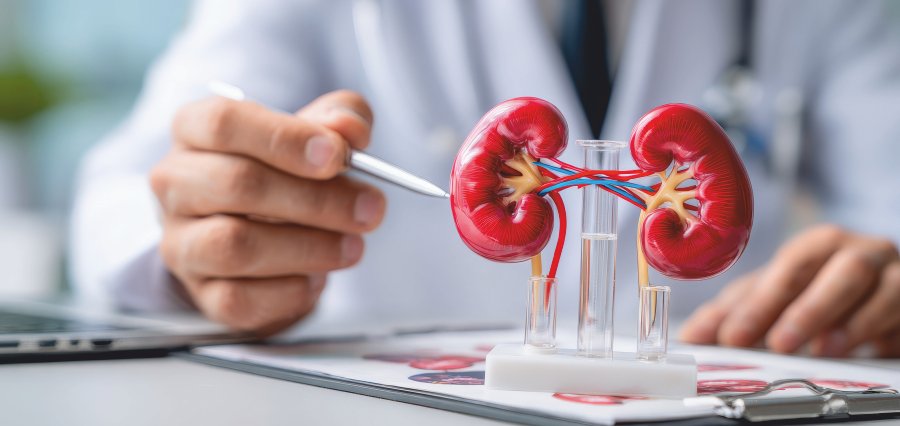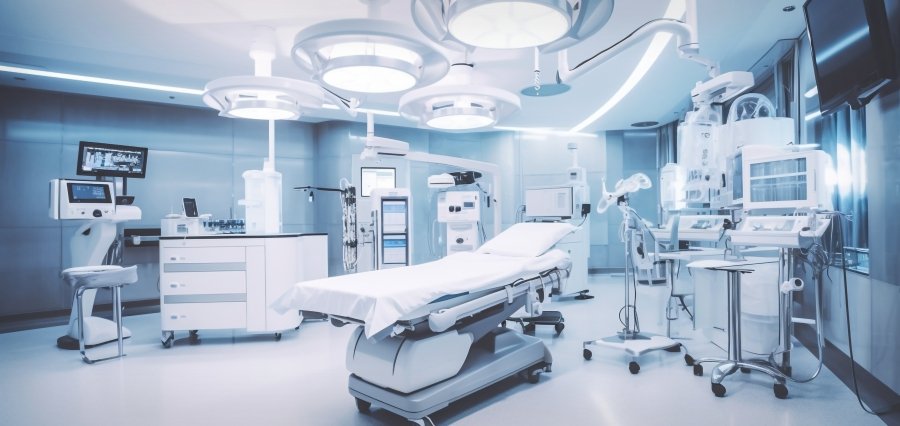Prime Highlight
- Half of stroke patients in England could now recover without serious disability after the National Health Service rolled out advanced AI scanning in every stroke centre.
- The AI system reduces treatment time by one hour, enabling faster life-saving interventions and boosting recovery rates significantly.
Key Facts
- NHS pilots showed recovery rates improved from 16% to 48% when the AI tool was used, benefiting the 80,000 annual stroke patients across England.
- A separate study revealed that long-term exposure to traffic noise raises stroke risk by 12.4%, highlighting environmental health concerns.
Background
Half of stroke patients in England could now recover without serious disability after the NHS equipped every stroke centre with advanced AI scanning technology. The tool, described as a world first, rapidly analyses CT brain scans to guide doctors on emergency treatment.
The AI system takes just one minute to detect the type and severity of a stroke, allowing doctors to decide whether surgery or drugs are needed. By speeding up decisions, treatment now begins on average one hour earlier – reducing the wait from 140 minutes to 79 minutes.
NHS pilots showed that faster intervention can transform recovery. The proportion of patients regaining independence, with no or only slight disability, rose from 16% to 48% when the AI tool was used. Across England, 107 stroke centres have adopted the technology, which will aid the 80,000 people who suffer strokes annually.
According to David Hargroves, NHS national clinical director for stroke, the AI decision-support technology is changing how patients are treated. He emphasized that every minute counts, as around two million brain cells are lost each minute during a stroke.
Stroke happens when blood fails to reach an area in the brain. It can be fatal, and permanently disabling, paralyzing, impairing the memory or speech, without immediate treatment. To date, the decoding of brain scans tends to create setbacks due to the specialist doctor’s requirement. The AI tool can identify trends that are not visible to the human eye, which minimizes uncertainty and saves valuable time.
Meanwhile, at the European Society of Cardiology congress in Madrid, a study warned that traffic noise also raises stroke risk. Researchers tracked 26,723 Danish men for four decades and found that living near busy roads increased stroke risk by 12.4%.
Doctors advised people to reduce exposure by sealing windows or sleeping in quieter rooms, stressing that chronic day-and-night noise can disrupt sleep and trigger stress pathways linked to stroke.

